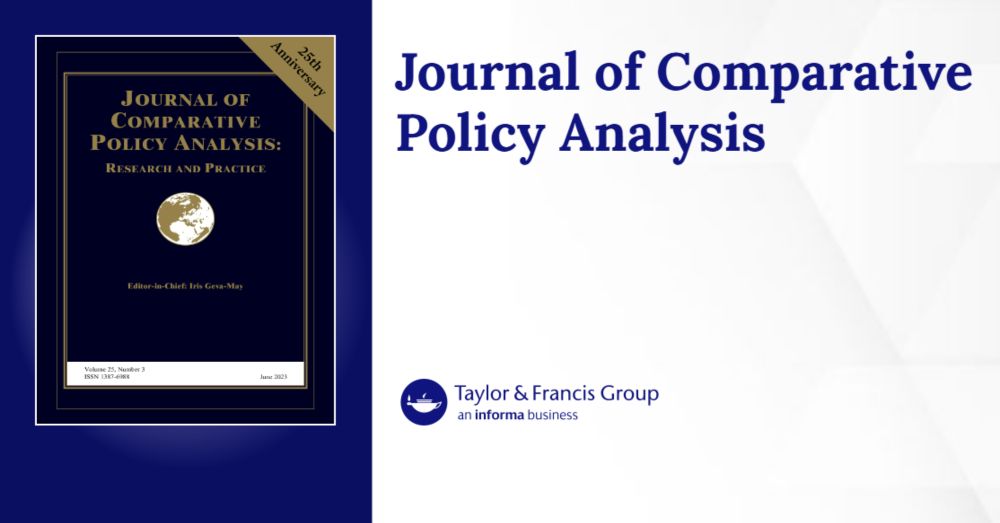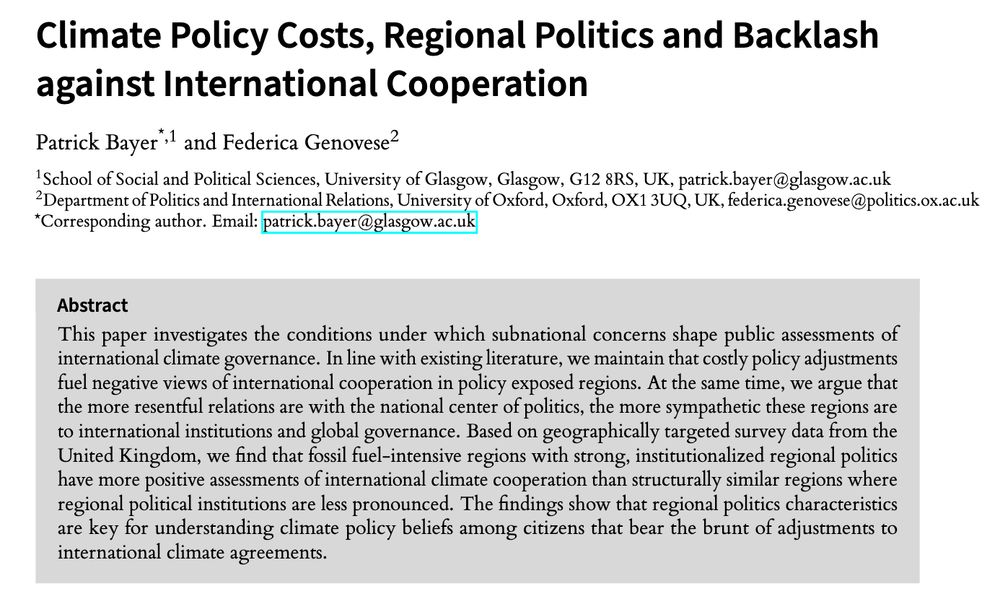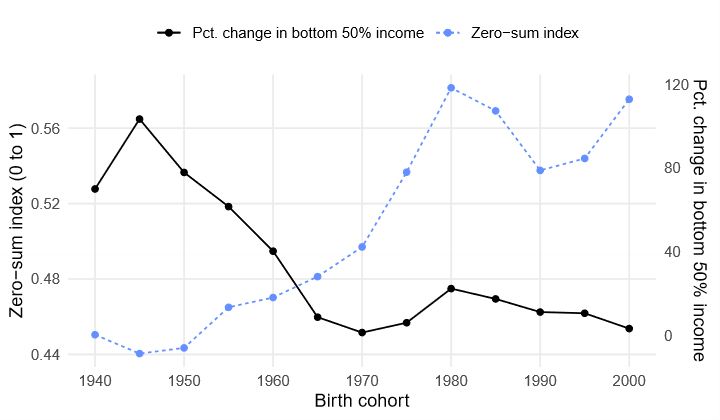Jacob Edenhofer
@jacobedenhofer.bsky.social
7.9K followers
6.5K following
3.2K posts
BA, PPE @warwickuni / MPhil, Comparative Government @UniofOxford / DPhil student in Politics @NuffieldCollege & @Politics_Oxford
Link to my blog “Often wrong, but sometimes useful”: https://jacobedenhofer.substack.com/
Posts
Media
Videos
Starter Packs
Reposted by Jacob Edenhofer
Reposted by Jacob Edenhofer
Reposted by Jacob Edenhofer
Reposted by Jacob Edenhofer














